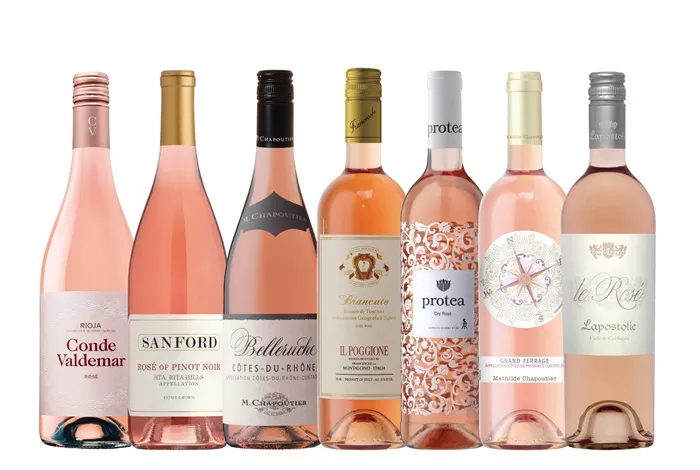A European Union expert group has recommended that the EU Commission explore new rules to support the rapidly growing no and low-alcohol (NoLo) wine market. The High-Level Group on EU Wine Policy, established by the European Commission in May, issued its proposals this week, calling for greater industry engagement with alcohol-free wine products to address shifting consumer preferences.
The expert group was formed to assess ongoing challenges within the European wine sector, including declining domestic consumption and unstable international trade conditions. Its aim is to help the industry adapt to emerging market opportunities, with a focus on the growing demand for alcohol-free and low-alcohol wines.
One of the key recommendations is for the EU Commission to revise its legal framework to facilitate the marketing of these innovative wine products. The proposals suggest promoting the availability of “more accessible wine,” as well as fully and partially dealcoholized wines, including NoLo options.
Dealcoholisation, which removes alcohol from wine, has advanced significantly in recent years. As a result, wine producers can now create products with low alcohol content (10-12% ABV) or virtually no alcohol at all. In comparison to the beer sector, which has successfully introduced non-alcoholic alternatives, the wine industry has been slower to innovate, but NoLo wines are gaining traction worldwide. The global NoLo beverage market reached $13 billion in 2023, marking a 62% increase since 2018.
The group has also called for updated rules on the definitions, production practices, labeling, and packaging of NoLo wines. Additionally, it suggests the EU fund promotional campaigns specifically for these products—a proposal that would have been unthinkable a few years ago. However, this suggestion is likely to generate debate, with the European Federation of Origin Wines (EFOW) already expressing concerns about its potential impact on traditional wine classifications.
For decades, the EU wine sector has benefitted from regulatory frameworks and financial support designed to enhance product quality and market adaptability. However, Agriculture Commissioner Christophe Hansen acknowledged at the group’s final meeting that the sector now faces a crisis, despite years of growth in sales and exports. He cited factors such as unsold wine stocks, particularly in the red wine category, a slow recovery from the COVID-19 pandemic, and broader economic pressures like the cost-of-living crisis and trade volatility.
The expert group’s recommendations also include emergency measures to address adverse weather events or sudden declines in demand due to trade disputes and rising tariffs in key markets.
The group’s support for NoLo wines marks a significant shift in EU wine policy. Previous efforts to address alcohol-free wine were met with resistance, notably during the 2018 reform of the Common Agricultural Policy (CAP). At that time, a proposal to allow certain protected wines to undergo dealcoholisation sparked fears in countries like Italy, where it was mistakenly believed that all wines would be diluted.
While the EU Commission has since approached the issue cautiously, it now recognizes that adapting to changing consumer preferences is essential for the industry’s continued relevance. With competition from outside the traditional wine sector growing, failure to address this market shift could risk the EU wine industry falling behind.
Commissioner Hansen confirmed that the Commission would review the group’s proposals and develop a timeline for their possible implementation.
Related topics:


